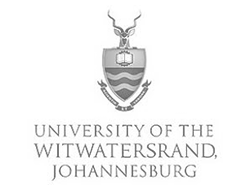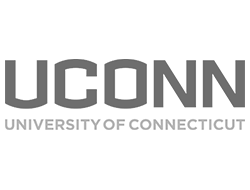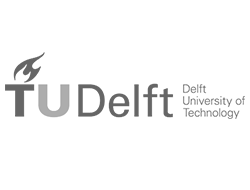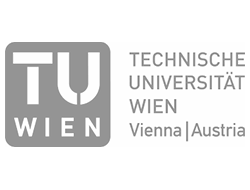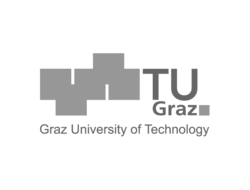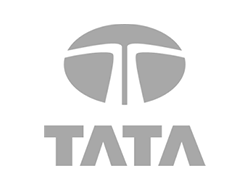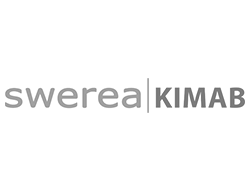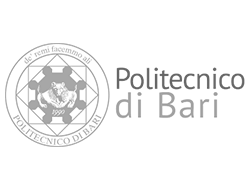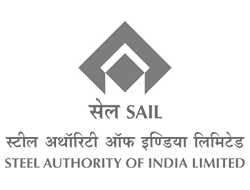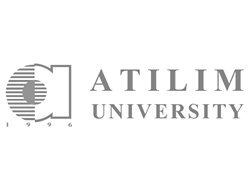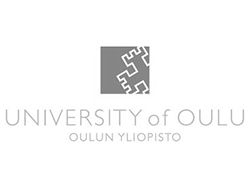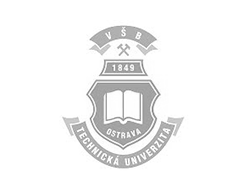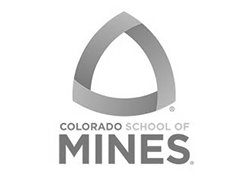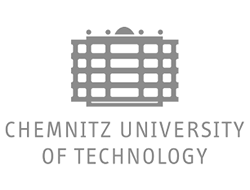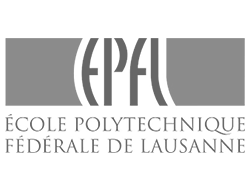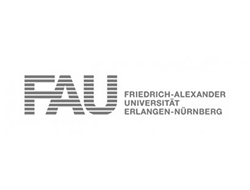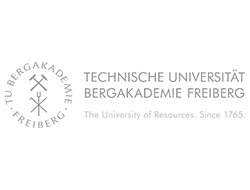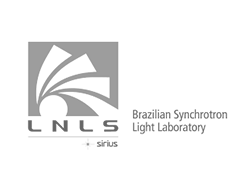Avesta Sheffield
Avesta Sheffield AB is one of the world's leading producers of stainless steel products. The company makes 41 different grades of specialty stainless steel, and new steels are constantly under development. Avesta Sheffield purchased a Gleeble 3500 just over a year ago. Since then, the Gleeble has become an essential part of the company's operations. The Gleeble helps Avesta boost productivity, increase quality, and assist customers in using the company's products.
"We do just about everything that a Gleeble is intended to do," says Dr. Ravi Vishnu, Research Engineer in Avesta Sheffield's research department. "We use the Gleeble to simulate hot rolling, heat treatment, welding, continuous casting, and more."
Dr. Vishnu and his colleagues are interested in process optimization for very special grades of stainless steel, and each of these materials has its own idiosyncrasies. As a result, they need to characterize each of these new materials and to discover how to optimize the processing for them.
Avesta Sheffield is the world's largest producer of duplex stainless steel. Heat treatment is a critical operation for the duplex grades and has to be controlled closely to optimize the microstructure. The Gleeble is being used to fine tune the heat treatment process for duplex grades being produced in a roller hearth furnace recently installed in one of the production units.
In another application, the Gleeble was used to plan for a new production line for heat treatment of longitudinally welded tubes of super duplex stainless steel. Avesta wanted to evaluate two different process routes-bright and quench annealing, but they did not have the equipment in place to evaluate the latter. So they used the Gleeble to simulate quench and bright annealing treatments and subsequently carried out corrosion tests on the simulated specimens to compare the effects of the two alternative processes.
In addition, they have studied the effects of residual elements on the hot ductility of some steel grades during solidification. Gleeble simulation is also being used to see if it is possible to optimize the rolling pass schedule of Avesta's high alloyed super austenitic stainless steel grades.
At Avesta Sheffield, almost all production is done through continuous casting. But some of the grades are developed in small lots through ingot casting. As a result, sometimes problems surface when switching from ingot to continuous casting. The Gleeble has proved invaluable in helping to make the changeover with speed and efficiency.
Another area of investigation for the research group is welding. Welds can be the weakest links in the finished products produced by Avesta's customers. "They want to know that, if they use one of our new steels, they will be able to deliver a product with the qualities that their customers want. The Gleeble allows us to characterize the weldability of a new steel and give weldability information to the companies that buy our steel," Dr. Vishnu says.
The Gleeble's versatility and ease of use are critical to the work done at Avesta Sheffield. They deal with a number of processes, and the Gleeble can be used to investigate, characterize, or improve each one of them. Previously, they used a hot tensile testing machine to perform some of this work, but the Gleeble has far more capabilities.
Dr. Vishnu concludes, "We're constantly finding new things we can do with the Gleeble."
This article first appeared in the Gleeble® Newsletter — Fall 1998.




